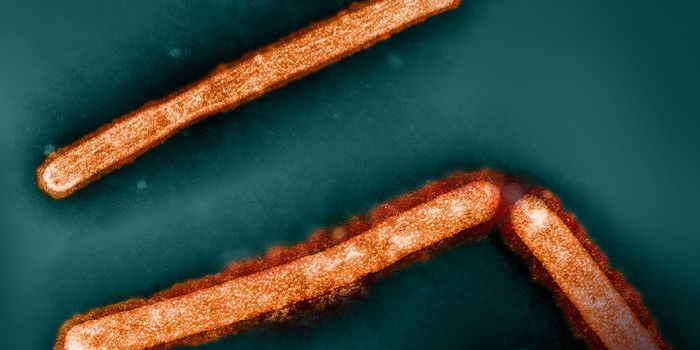New diagnostic tech uses AI to screen blood for over 1400 pathogens
New and reemerging microbial threats continue to challenge the public health and infectious disease response teams worldwide. An estimated 14 million people a year die from infections and over half of these cases go undiagnosed. To accurately diagnose an infection, hospitals rely primarily on conventional microbiological methods: detecting the presence of antibodies in a patient’s blood, or culturing and identifying bacteria present in a biological sample.
These tests take days and weeks to get any results. Ultimately, there is also a lingering possibility that despite undergoing a battery of tests, patients may never end up receiving any conclusive answers as to the underlying cause of their infection.
A new biotech startup called Karius has created technology that is set to revolutionize clinical diagnostics — scanning a single blood sample for over 1,400 known bacteria, fungi, viruses, and parasites, with physicians getting test results in a day.
The platform uses genomic sequencing and screening, specifically detecting circulating genetic material originating from the infectious pathogen called microbial cell-free DNA (mcfDNA). These degraded fragments of DNA have emerged as a biomarker that point to the presence of an acute infection. Karius has developed a proprietary method for efficiently extracting the mcfDNA from blood samples and masking the signal from human DNA and any environmental bacterial contaminants to reveal the presence of any infectious agents.
Instead of having to rely on the expertise of trained personnel, the platform uses advanced machine learning algorithms to sift through the millions of complex genomic data points generated. With such artificial intelligence-driven systems, the diagnostic capabilities get more accurate and powerful over time as the platform is used more.
At $2,000 per run, the cost of running the test may, for now, be prohibitive for routine clinical diagnostics. However, the plummeting costs of DNA sequencing are a light at the end of the tunnel for allowing such genomic-based diagnostic tests to become more mainstream. For example, while the cost of sequencing the first human genome took $2.7 billion and almost 15 years to complete, today’s costs are below $1000.
Karius’ CEO Mickey Kertesz is optimistic, saying, “I see a future where genomics and technology like ours are completely displacing most, if not all, existing technologies.”
Sources: Fast Company, Karius.









